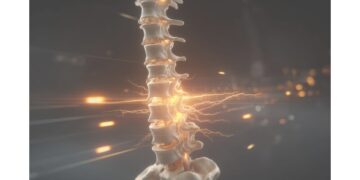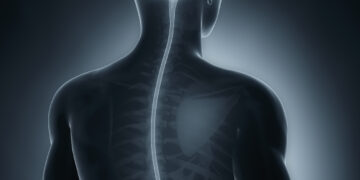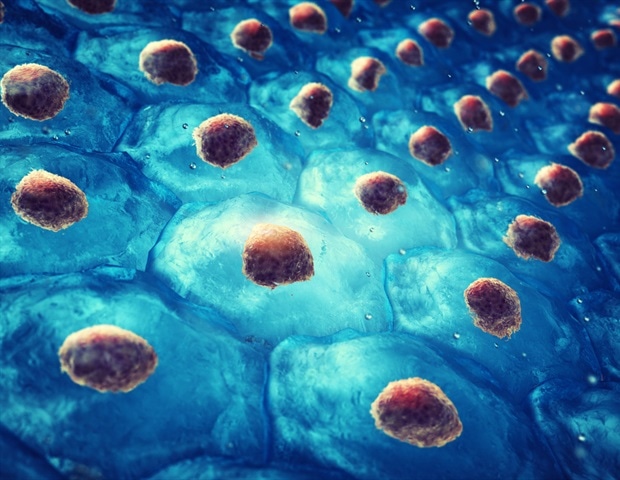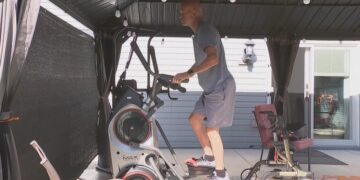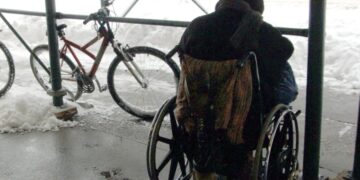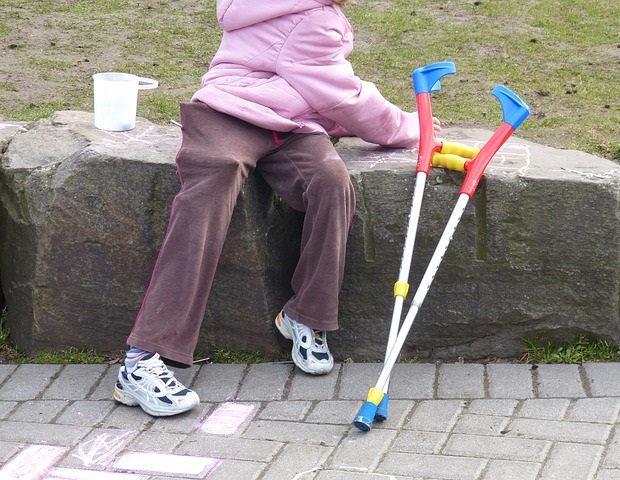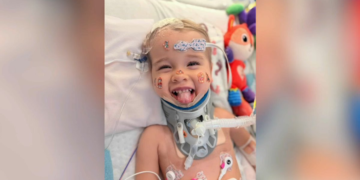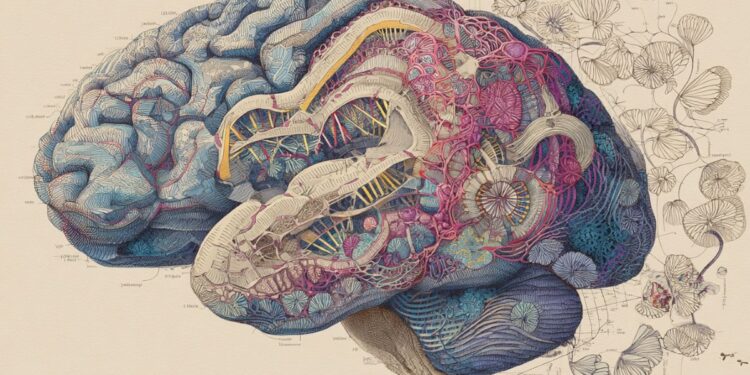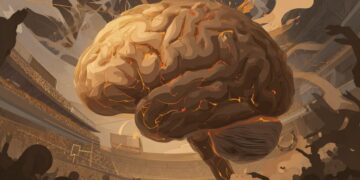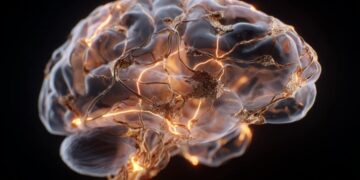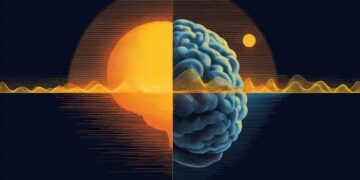Summary: New research shows that depression that begins before age 25 has a much stronger hereditary component than depression that emerges later in life. By analyzing genetic data from more than 150,000 people with depression, researchers identified distinct genetic regions specifically linked to early-onset cases.
People at high genetic risk for early depression were twice as likely to attempt suicide within a decade. The findings highlight a critical window for early intervention and suggest that genetics could eventually guide personalized suicide prevention strategies.
Key facts
Early genetic risk: Depression before age 25 shows a stronger genetic influence than late-onset cases. Increased likelihood of suicide: One in four people at high early-onset genetic risk attempted suicide within 10 years. Different genetic regions: Twelve genetic regions were linked to early-onset depression, compared to two in late-onset cases.
Source: Karolinska Institute
Depression in young adulthood has a stronger hereditary component and is associated with a higher risk of suicide attempts than depression that begins later in life, according to a new study published in Nature Genetics by researchers at the Karolinska Institute, among others.
“We hope that genetic information can help health professionals identify people at high risk of suicide, who may need more support and closer follow-up,” says Lu Yi, senior researcher at the Department of Medical Epidemiology and Biostatistics at Karolinska Institutet and one of the corresponding authors of the study.
Depression is a common mental illness that can affect people at different stages of life. The new study shows that depression that begins before age 25 has a stronger hereditary component than depression that begins at an older age.
Main genetic differences
The study, based on medical records and genetic data from more than 150,000 people with depression and 360,000 controls in Denmark, Sweden, Norway, Finland and Estonia, compared the genetics and risk of suicide attempts in people who had their first depression before age 25 (early onset) and those diagnosed after age 50 (late onset).
The genetic differences between the groups were large. The researchers identified twelve genetic regions related to early onset and two regions related to late onset.
One in four people with a high genetic risk for early-onset depression attempted suicide within ten years of diagnosis, which was about twice as many as people with a low genetic risk.
“We showed that early-onset depression has partly different genetic causes than depression affecting older people and that the risk of suicide attempts is increased,” says Lu Yi.
“This is an important step towards precision medicine in psychiatry, where treatment and preventive measures are tailored to each individual.”
Suicide prevention in healthcare.
The researchers now plan to investigate how genetic differences are related to brain development, stress and life experiences, and whether genetic risk profiles can be used in suicide prevention in healthcare.
The study is a collaboration between Sweden’s Karolinska Institute, the University of Oslo, Norway, Copenhagen University Hospital and Roskilde University in Denmark, the University of Tartu in Estonia, and the Nordic research network TRYGGVE.
Funding: It has been funded by, among others, the European Research Council (ERC) and the US National Institute of Mental Health. Some of the authors have collaborations with pharmaceutical companies, but none that are related to the current study. Please see the scientific article for more information on potential conflicts of interest.
Key questions answered:
A: Depression that begins before age 25 has stronger genetic influences and carries a higher risk of suicide attempts than depression that occurs later in life.
A: People with a high genetic risk for early-onset depression were twice as likely to attempt suicide within 10 years compared to those with a low genetic risk.
A: The findings support precision psychiatry: they suggest that genetic profiling can help doctors identify high-risk people who need intensified monitoring and prevention.
Editorial notes:
– This article was written by a Neuroscience News editor.
– Magazine article reviewed in its entirety.
– Additional context added by our staff.
About this research news in genetics and mental health.
Author: Press Office
Source: Karolinska Institute
Contact: Press Office – Karolinska Institute
Image: Image is credited to Neuroscience News.
Original research: Open access.
“Genome-wide association analyzes identify distinct genetic architectures for early- and late-onset depression” by Lu Yi et al. Nature genetics
Abstract
Genome-Wide Association Analyzes Identify Distinct Genetic Architectures for Early- and Late-Onset Depression
Major depressive disorder (MDD) is a common and heterogeneous disorder with complex etiology.
Studying more homogeneous groups stratified by clinical characteristics, such as age of onset, may improve identification of underlying genetic causes and lead to more targeted treatment strategies.
We leveraged Nordic biobanks with longitudinal health registries to investigate differences in the genetic architectures of early-onset (eoMDD; n = 46,708 cases) and late-onset (loMDD; n = 37,168 cases) MDD.
We identified 12 genomic loci for eoMDD and two for loMDD. Overall, the two MDD subtypes were moderately correlated (genetic correlation, rg = 0.58) and differed in their genetic correlations with related traits.
These findings suggest that eoMDD and loMDD have partially distinct genetic signatures, with a developmental brain signature specific to eoMDD.
Importantly, we demonstrate that polygenic risk scores (PRS) for eoMDD predict suicide attempts within the first 10 years after initial diagnosis: the absolute risk of suicide attempt was 26% in the top decile of the PRS, compared to 12% and 20% in the bottom decile and middle group, respectively.
Taken together, our findings can inform precision psychiatry approaches to MDD.

